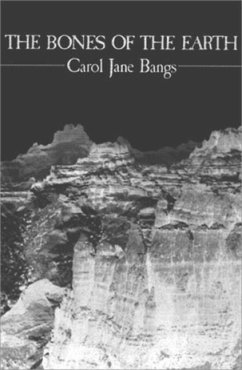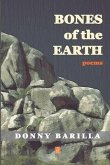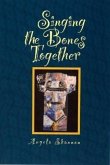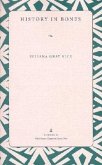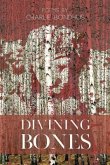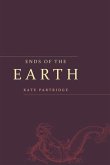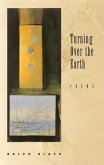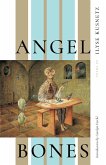As the title The Bones of the Earth implies, Carol Jane Bangs' concerns are basic, archetypal: birth, death, ancestry, child-bearing, love, work. In contradistinction to a poetry of urban alienation, The Bones of the Earth evokes a poignant, yet no less uneasy awareness of nature's influence. The book opens with poems describing the Pacific Northwest, where the poet's family has lived for four generations: oyster strings dangling in icy rows, their scaffolding propped by booms of thick fir and western cedar, a meadow shimmering and unearthly in the winter solstice. Part II charts an inner geography of human intimacy--"I give my body to the compass of your hands/reveal in a voice cracked as the raven's/that wilderness under my skin"--and the third section moves more deeply inward, exploring the distinctly feminine experience, its cycles, myths, initiations. Included here is "Neahkahnie, '82," a compelling six-part journal about a woman stricken with cancer. "No one told me/the body, too, gets out of bounds like/children or lovers/who don't understand." Haunting all these poems is a sense of limits--the delicate, sculptural limiting of utterance that is the poet's art, the limits of the individual self never entirely erased in human love or language, and, most strongly in the last section of the book, the ultimately "lonely duet with the earth/each body dances toward death."
Hinweis: Dieser Artikel kann nur an eine deutsche Lieferadresse ausgeliefert werden.
Hinweis: Dieser Artikel kann nur an eine deutsche Lieferadresse ausgeliefert werden.

